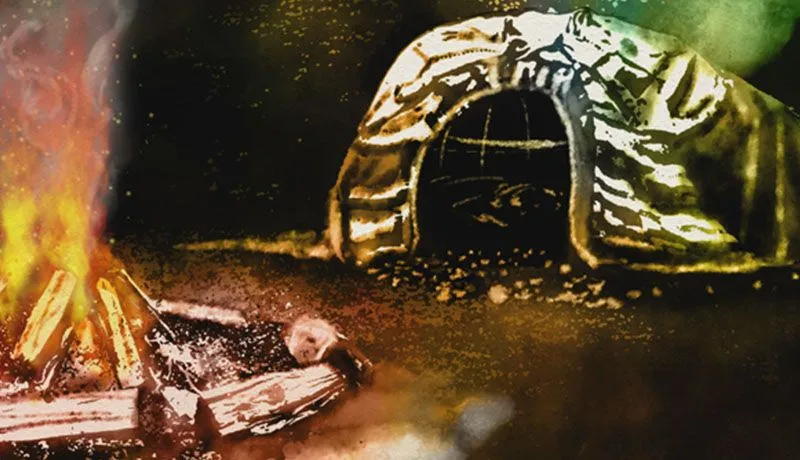5 minutes - Article
Wil Campbell grew up in a non-Indigenous foster home and community.
As a teen, Wil says he didn’t know much about his community or Indigenous culture.
“It’s hard feeling like you have no place to belong. Or no understanding of your home community, of your family, of your history. There's a lot of resentment and anger that can build up over the years.”
A matter of survival
Wil was 15 when he left his foster home to live on his own. He worked, moved around and did everything he could to survive.
“I had a really hard time especially in the winter. If I was in the city, I'd find other boys my age who were living on the street, and they taught me to be streetwise.”
Wil didn’t know his family and felt a lot of anger about it.
“When you get to the age of 16, 17 years old and you're rebellious and you're not in a good foster home, you've been shifted around from place to place, there's a lot of anger there. I know I carried a lot of anger. I went from the foster care system into the prison system.”
Angry and afraid
Wil says that during these times, he felt afraid to go back home to people and a community that he didn’t feel a part of.
“If you don't grow up in your biological family you may feel that you don't want to know about your culture or ceremony. It’s ok to be scared if you grew up in a white home with white parents. But you are not white, you are Indigenous. It's your culture. It's inside of you, it's a part of you, and you can live it if you choose.”
Today, Wil is a respected Metis Elder in Edmonton who holds his own ceremonies, including a Sweatlodge and Sundance. He says that ceremony is a great place to learn about your family, community and who you are as an Indigenous person.
“That's what changed me. So as an Elder, I focus on helping young people know that there is a better way of living, that there is another way that belongs to them. Be amongst your own people and become a part of something greater.”
A home in ceremony
Wil has seen ceremony change his life and knows it can help youth connect to their roots.
“The answer to everything is knowing you're loved. If I continued being angry and hating, who knows where I would be, probably behind bars for the rest of my life. But those Elders and ceremonies taught me love. They taught me that my people did love me and did care about me.”
If you are interested in learning more about ceremony, talk to an Elder, community member or support worker you trust.
(Image Credit: NCSA Journey Home)
